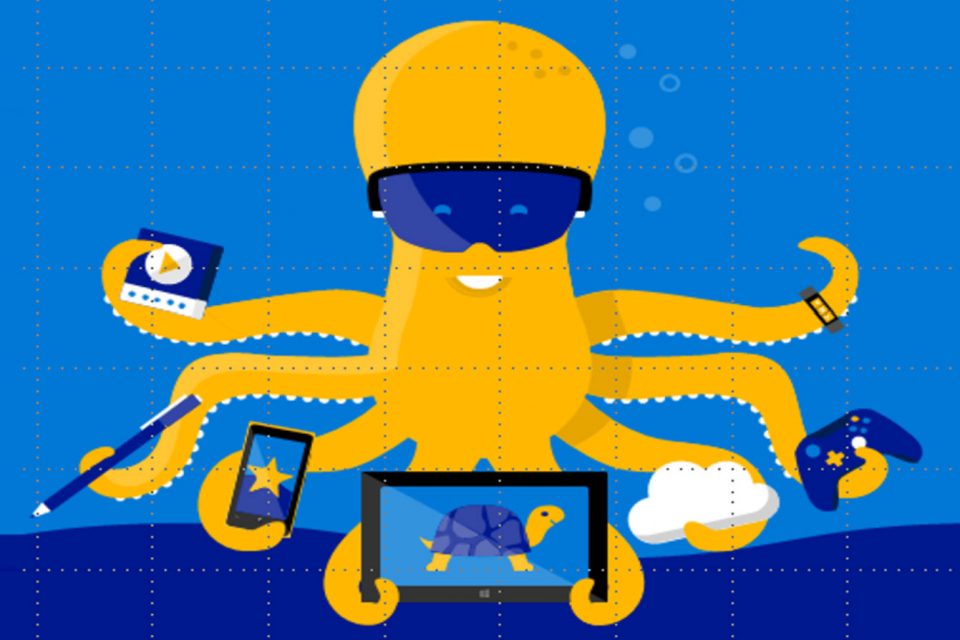From chatting with friends and family, checking social media accounts, sharing pictures, gaming and more, almost everything we interact with on a daily basis is dependent on the internet.
Safer Internet Day is a global event which aims to inform the masses of online safety, and to mark it, Microsoft has released the second updated iteration of its Digital Civility Index (DCI), which includes findings from a total of 23 countries, and questions delving into people’s encounters with different online risks.
Amongst the newer survey findings were positive signs. Since last year, for example, people have evolved new ways to manage their negative online experiences – most respondents stated that they actively try to treat others with respect and dignity while protecting themselves, and others, online.
People were also less confrontational, and more likely to back off from an argument, rather than retaliate in response to being abused, with a quarter stating they try to be more constructive in their criticism of others. Encouragingly, more people know where to find help if needed, while nearly half believing that they are very confident in managing online risks.
For the full findings, please download the Global DCI report, available here
In addition to the newer DCI, Microsoft has also updated its list of four tenents that encourage people to think about their online behaviour, and how it affects others, with the #challenge4civility and #Im4digitalcivility hashtags available for people to show their support:
- Live the Golden Rule. I will act with empathy, compassion and kindness in every interaction, and treat everyone I connect with online with dignity and respect.
- Respect differences. I will appreciate cultural differences and honor diverse perspectives. When I disagree, I will engage thoughtfully and avoid name calling and personal attacks.
- Pause before replying. I will pause and think before responding to things I disagree with. I will not post or send anything that could hurt someone else, damage someone’s reputation, or threaten my safety or the safety of others.
- Stand up for myself and others. I will tell someone if I feel unsafe, offer support to those who are targets of online abuse or cruelty, report activity that threatens anyone’s safety, and preserve evidence of inappropriate or unsafe behavior.
With the aim of helping to make the internet a safer, more enjoyable environment for everyone, here are 10 quick tips to begin your safer online journey:
Safeguard your devices from viruses, spyware, and other malicious software by keeping your software current and up to date.
Your data is valuable – shield sensitive information with strong passwords, and remember to keep them secret. Back up your data regularly, and often.
Viruses, spyware, bots, Trojan horses, worms, hoaxes phishing attacks – there are many online risks, ans knowing about them and educating yourself and others is crucial to help avoiding them.Think before you open attachments or click on links in emails, even if appear to know the sender.
Sharing personal information without thinking can expose you to serious risks such as identity theft, fraud, and online stalking. Be mindful and cautious of what (and where) you post online.
Phishing scams, malware, and data breaches are commonly used by online thieves to collect your personal information and data. This information can be used to illegally impersonate you, and defraud you. treat suspicious emails and social network posts and messages with caution.
We’re sharing more information than ever before, in businesses, at school, and at home. Use a secure, password protected platform to share files, while keeping data safe.
Internet safety begins with you. Stay away from websites that look suspect or unsafe. If in doubt, don’t click, don’t share the site with others, and make sure not to provide any information that may be asked of you.
When you’re shopping online, look for assurances that the website will secure your transaction and keep your payment details safe. Never pay your bills, shop, or carry out online banking tasks on a public computer, or public Wi-Fi network (such as a coffee shop).
Every time you open a webpage, you’re using a browser. No matter what your browser choice, it’s important that you’re using the latest version, to ensure you’re protected against all of the latest threats, while taking advantage of newer security and privacy features.
Are you worried that your children are spending too much time on the internet? Warn them about online risks such as online bullying, and help protect them with security software and online safety tools.
Please visit Microsoft’s Digital Civility site, for more information, and for more ways you can promote digital civility and help create a safer online environment for everyone.














